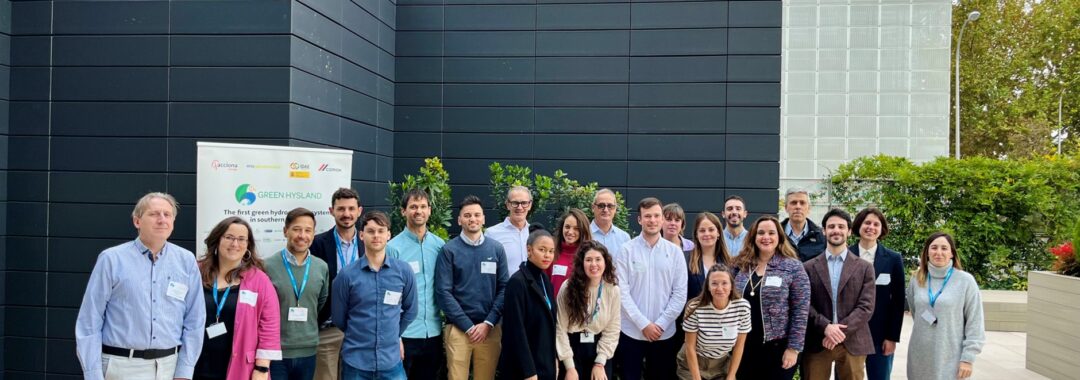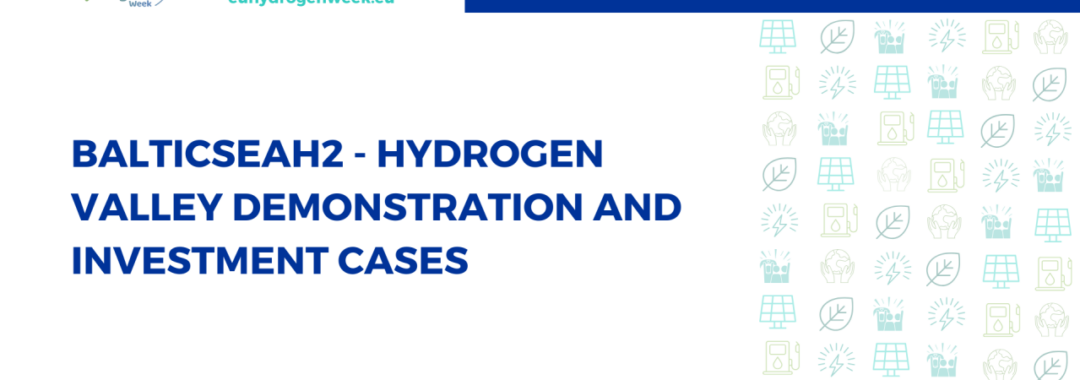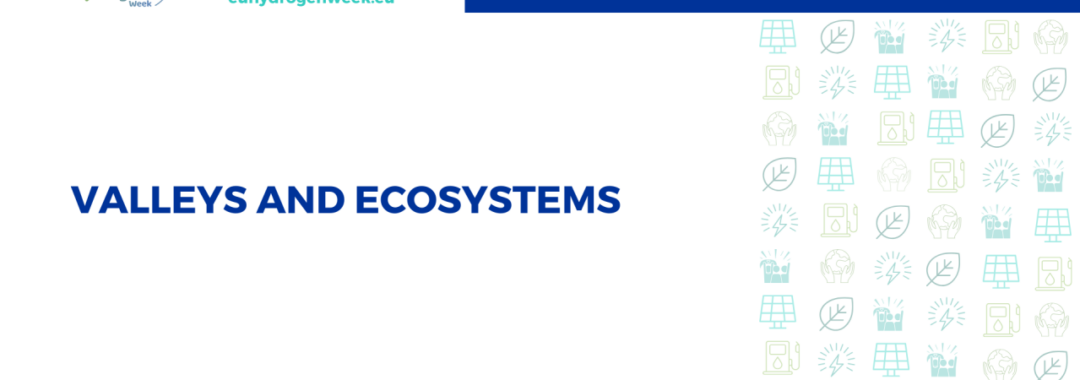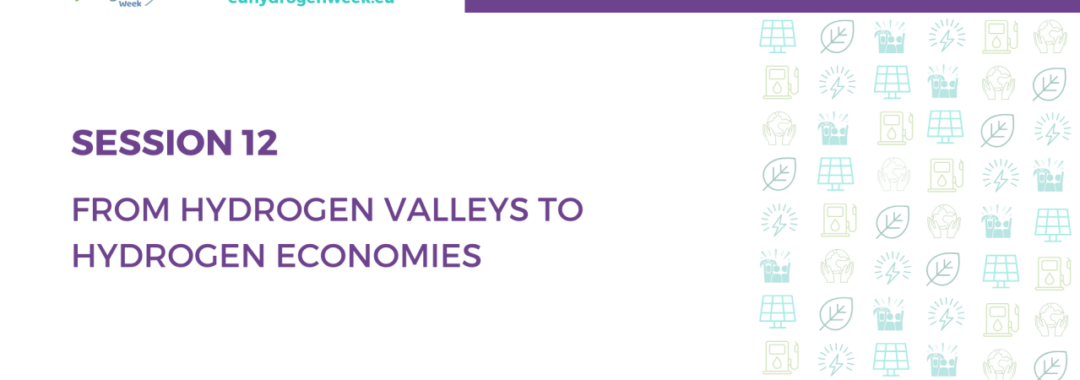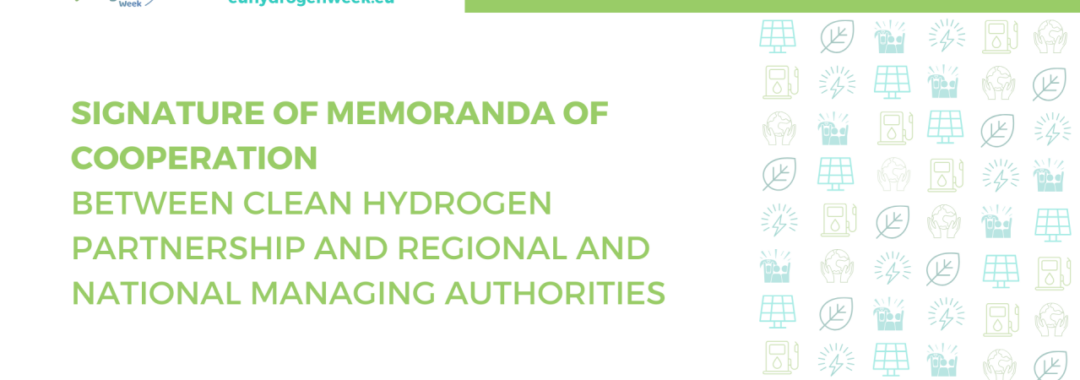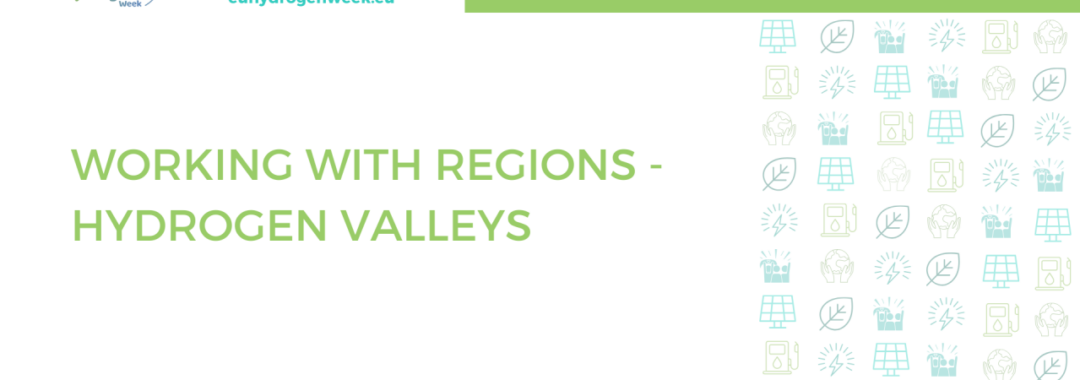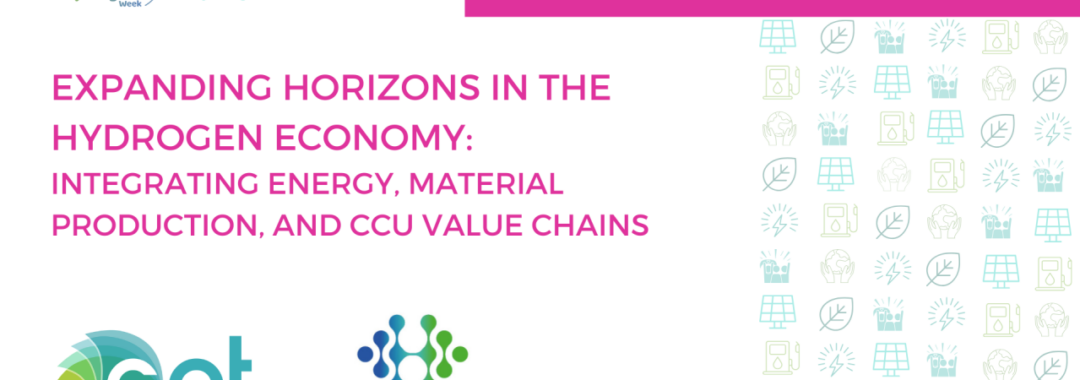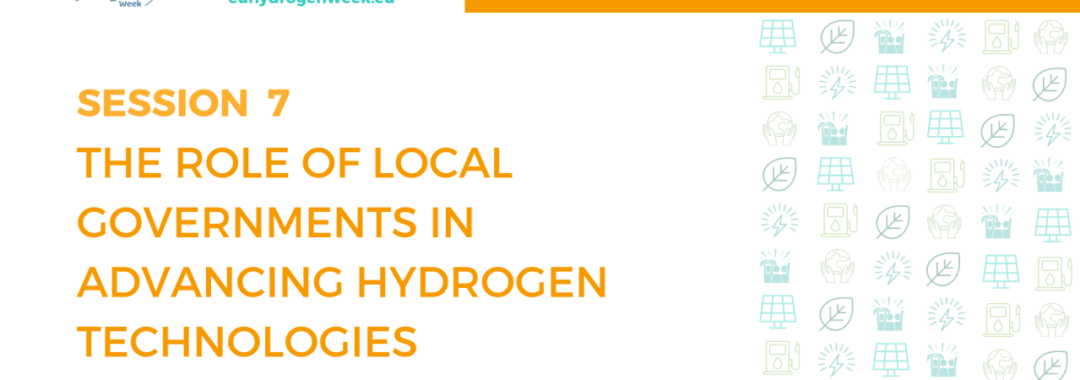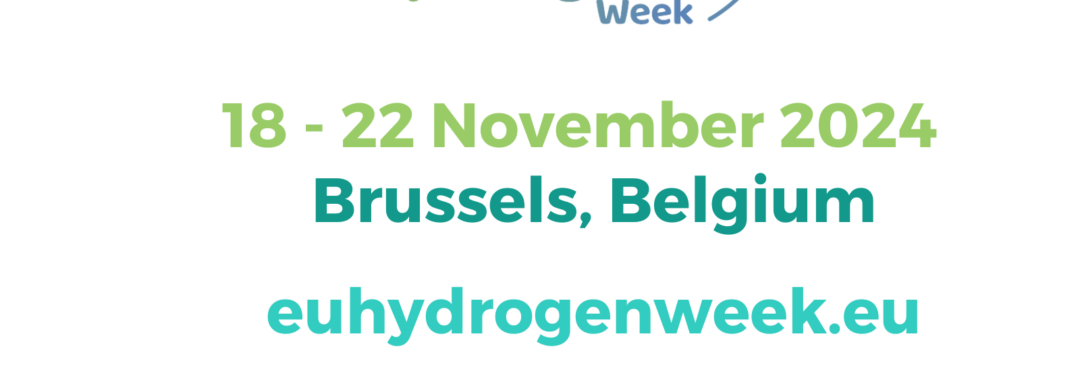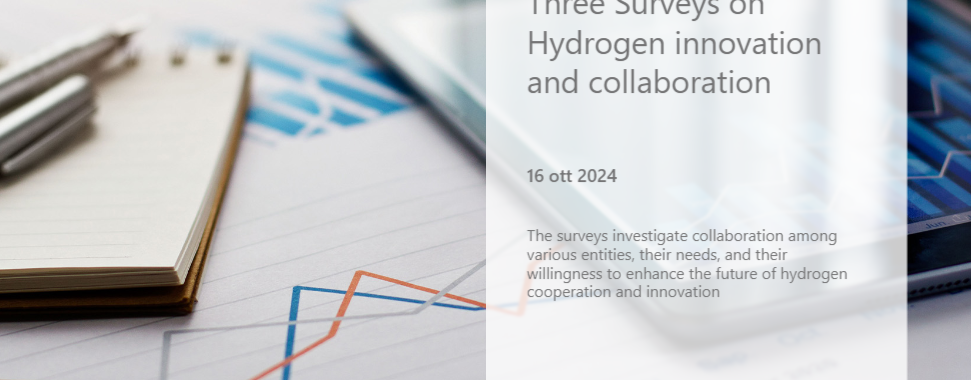The General Assembly of the Green Hysland project, coordinated by Enagás Renovable, was a milestone on the road to a more sustainable energy future. This meeting, which brought together experts from all over Europe, served to share advances and strengthen collaboration around green hydrogen.
Green Hysland is positioning Mallorca as the first green hydrogen hub in southwest Europe, demonstrating that this innovative technology is a reality and that it can transform our energy system.
Green Hysland covers the entire green hydrogen value chain, from production to distribution and end use.
To conclude, Green Hysland is more than a project, it is a vision of the future. A vision in which Mallorca becomes a world reference in the production and use of green hydrogen.
